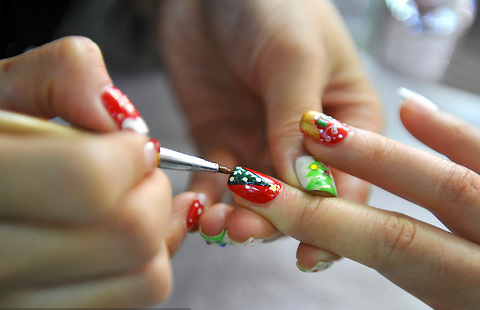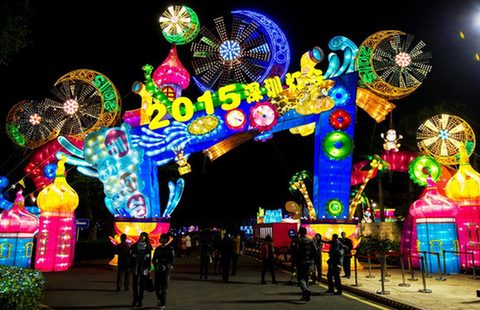Young reign in luxury car market
By WANG ZHUOQIONG (China Daily) Updated: 2014-12-01 08:33Image of owners
The focus group image of Mercedes-Benz and Volvo owners was very similar to the way the car owners viewed themselves, while the image of BMW, and to a lesser extent Land Rover, were quite different to how the brands' owners viewed themselves.
Mercedes-Benz owners are perceived as entrepreneurial, cultivated and successful. This was very much in line with how car owners saw themselves.
BMW owners considered themselves to be small and medium-sized business owners or senior management at multinationals with a positive attitude to life, living life to the full and being relatively discreet, a disconnect with the their image among the focus group surveys as nouveau riche, materialistic show-offs.
Land Rover owners were considered to be nouveau riche, young second generation and show-offs, yet the owners themselves have the image they are professionals, senior management in multinationals and self-made.
Volvo owners were considered to be valuable members of society, low-key, behaving in a morally upstanding manner, family-oriented. Of the eight car brands surveyed, Volvo car owners came closest to their image. They also considered themselves to be returning overseas Chinese.
Audi owners were viewed as government officials, mature and with experience.
This image was the most defined image of all the eight brands. Audi owners also considered themselves to be white-collar workers with a positive attitude to life and to live life to the full.
Cadillac owners had the image of being white-collar workers, mature and successful, while owners considered themselves to be senior management at multinationals.
Infiniti owners had the image of being from the second generation, film stars, highly active, yet Infiniti owners considered themselves to be white-collar workers.
The image of Lexus owners did not fall into a distinct class. Lexus owners considered themselves to be white-collar workers, professionals and senior management from State-owned enterprises.
Respectability, stylishness and brand awareness were considered the three most important characteristics for a luxury car brand, followed by technology and brand culture. For luxury car owners, Lamborghini, Ferrari and BMW most represented these qualities.
Safety was most important for 80 percent of luxury car owners, followed by comfort and brand.
Men considered price, petrol consumption and power most important, while women considered the outward appearance and feeling of luxury most important.
For purchase motives, there appears to be a great deal of impulse buying-44 percent purchased after seeing a car at an exhibition and 36 percent after seeing a new car advertisement or after a test drive.
- China stock index futures close lower on Dec 22
- Shanghai Index close to five-year high
- Chinese shares close mixed on Dec 22
- Chinese lawmakers hear report on enforcement of tourism law
- China opens rural work conference to plan for 2015
- Retailers lure Christmas shoppers with goodies
- Stock market to see slow growth, but bright outlook
- Hearing the call of opportunity
















